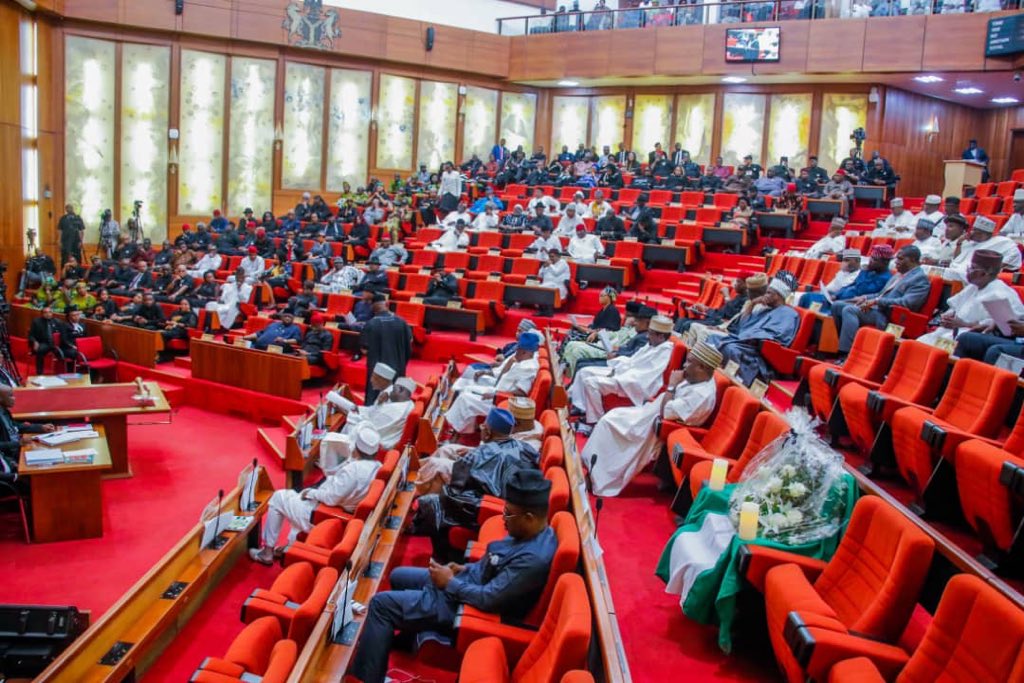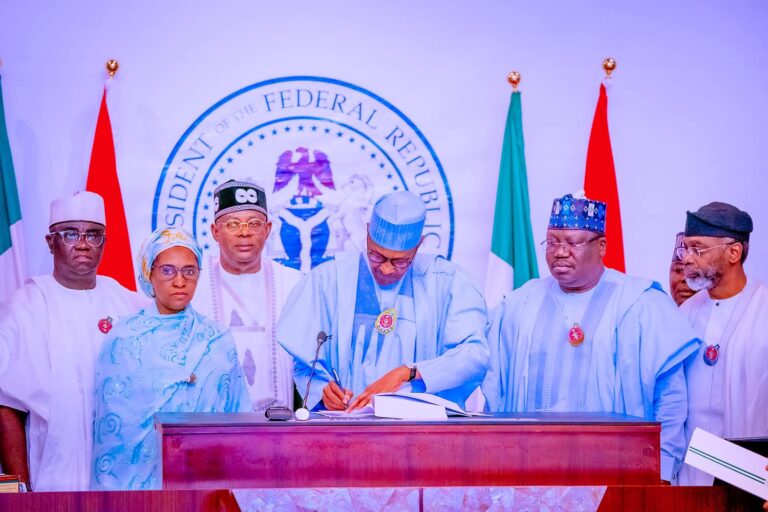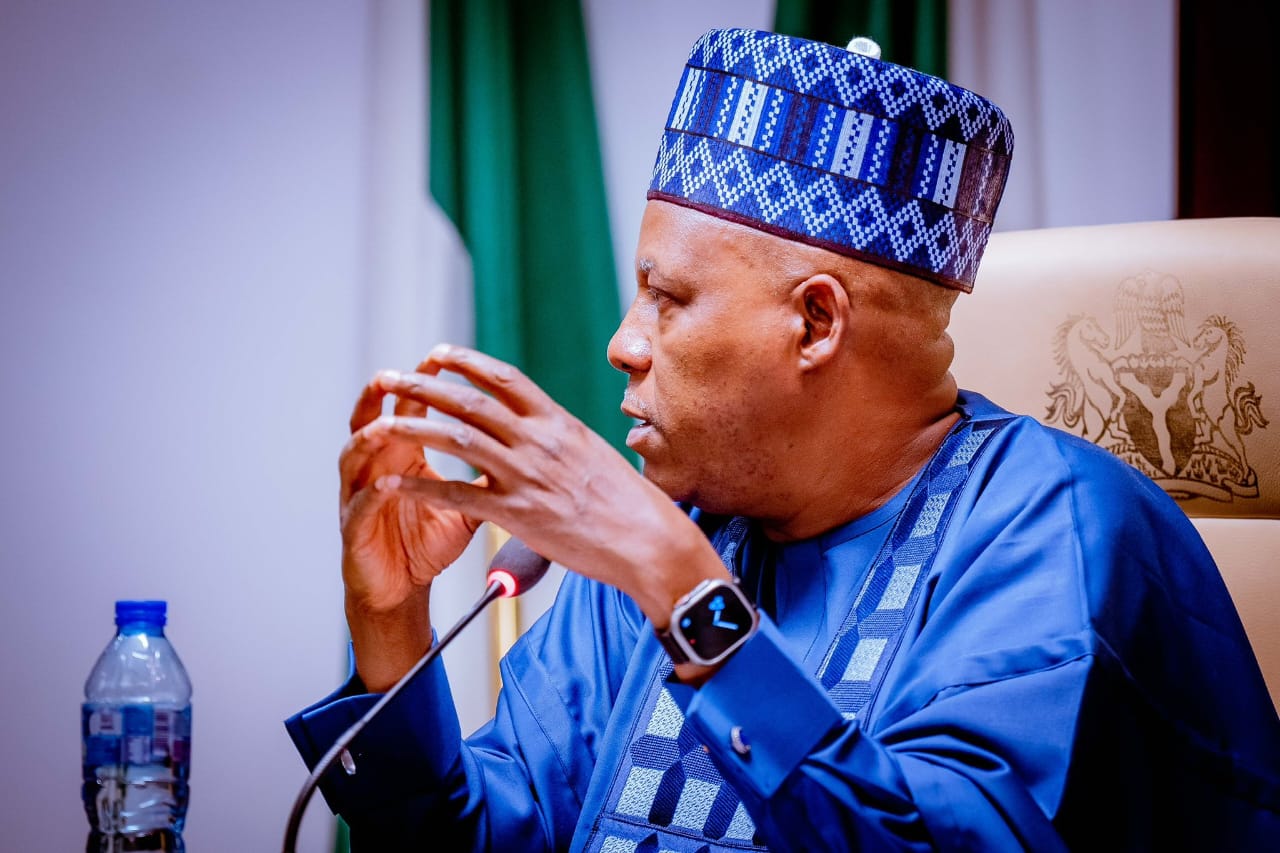The National Assembly has approved a supplementary budget of N819 billion, encompassing allocations for subsidy palliatives, and critical projects, Additionally, the Senate has granted approval for a $800 million World Bank loan requested by President Bola Tinubu.
The N819 billion supplementary budget includes N500 billion earmarked for palliatives and other capital expenditures to mitigate the impact of the recent fuel subsidy removal. This allocation aims to cushion the effects on the most vulnerable members of society. Furthermore, N70 billion has been budgeted to support the working conditions of the National Assembly, ensuring effective governance and legislative operations.
Addressing infrastructure needs, N185.2 billion has been allocated to the Ministry of Works and Housing. This funding aims to alleviate the impact of severe flooding experienced in the country during 2022, supporting reconstruction and rehabilitation efforts. Additionally, N19.2 billion has been designated for the Federal Ministry of Agriculture to address the extensive damage caused to farmlands by last year’s flooding, contributing to agricultural recovery.
Other critical allocations include N35 billion for the National Judicial Council to enhance the judiciary’s operational capabilities and N10 billion for the Federal Capital Territory Administration to fund essential projects within the capital city.
Approximately 12 million vulnerable Nigerians will receive a monthly stipend of N8,000 per person for a duration of six months to mitigate the impact of the subsidy removal on their livelihoods.
In amending the N819.5 billion 2022 supplementary budget, the Senate specifically set aside N500 billion for the cushioning of the effects of the subsidy removal, aligning with President Tinubu’s request. Additionally, the N70 billion appropriation for federal lawmakers was included in the amended budget, as it had been previously provided for in the original Act.
The approval of the N819 billion supplementary budget by the National Assembly highlights the government’s commitment to addressing the challenges arising from the fuel subsidy removal. By allocating significant funds for subsidy palliatives, critical infrastructure projects, and support for lawmakers, the government aims to alleviate the burden on vulnerable citizens, enhance governance operations, and address infrastructure needs across the country. The World Bank loan approval further demonstrates the government’s dedication to providing relief and support to those most affected by the subsidy removal, ensuring a more stable and sustainable socio-economic environment for all Nigerians.










